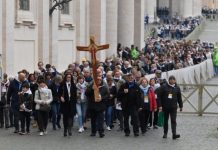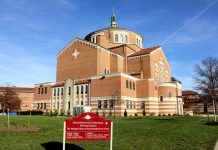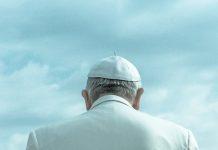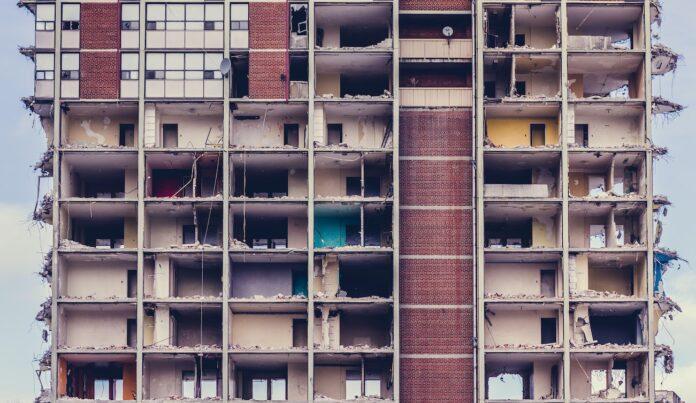In response to the devastating earthquake that struck northern Syria on Feb. 6, the patriarchs and heads of churches in the country demanded the lifting of “unjust sanctions” on the Syrian people, calling for “exceptional measures” to secure the delivery of humanitarian aid.
Newsroom (11/02/2023 7:56 PM, Gaudium Press) — “We, the three patriarchs with the heads of churches in Syria, demand from the United Nations and the countries imposing sanctions on Syria to lift the embargo and the unjust sanctions imposed on the Syrian people, and to take exceptional measures and immediate initiatives to secure the delivery of the much-needed relief and humanitarian aid,” the church leaders said in a statement.
“We appeal to governments, international organizations, NGOs, charities, and peace advocates everywhere to expedite the support of relief and rescue efforts, irrespective of any political consideration,” the prelates said.
The three patriarchs based in Syria are Melkite Catholic Patriarch Joseph Absi; Syriac Orthodox Patriarch Ignatius Aphrem II and Greek Orthodox Patriarch John X.
“We also appeal to the conscience of all the people of goodwill to advocate on behalf of the Syrians in order to put an end to their misery and enable them to live in dignity as envisioned by the Universal Declaration of Human Rights,” the prelates said.
“This natural disaster adds to the ordeal of the Syrian people,” the Syrian church leaders stressed, adding that the people continue to suffer “from the tragedies of war, crises, disasters, epidemics, and the harsh economic hardships.”
“We pray for the victims and their families, asking the Lord to grant rest to the souls of the departed and recovery to the wounded. We, likewise, pray for all those working in the fields of relief, rescue, and hospitalization,” the prelates said.
The earthquake that hit northwestern Syria and south Turkey in the early morning hours of Feb. 6 left at least 11,000 people dead and thousands more trapped under the rubble.
According to the expert quoted by the Associated Press, hope is fading with every hour of search.
“The first 72 hours are considered to be critical,” Steven Godby, a natural hazards expert at Nottingham Trent University in England, told the AP.
“The survival ratio on average within 24 hours is 74%, after 72 hours it is 22% and by the fifth day it is 6%.”
At the same time, he said it was too soon to abandon hope.
Syria has been devastated, even before the earthquake, by more than a decade of conflict and a dire economic situation. Now, to make things worse, international economic sanctions placed on a regime in power are stopping aid.
“The situation is awful,” Riad Sarji, executive director of Caritas Syria, said.
While churches, convents and mosques are hosting people, there are still thousands who are in the open air or staying in their cars, fearful of returning to their apartments, he said.
More than 120 buildings in Aleppo are completely destroyed and more than a thousand buildings have cracks.
“People are afraid to go back to their homes. They are afraid of aftershocks and the danger that their building will collapse,” Sarji said.
“The demand is really huge. Some areas don’t have water to drink and they need food,” he said, adding that the sanctions “have badly affected the disaster.”
“Imagine, no electricity, no fuel, nothing, in a very cold area,” he said. “This is a critical time to inform the Western countries to remove the sanctions on Syria. It’s enough. It’s enough.”
- Raju Hasmukh with files from UCAN News


































